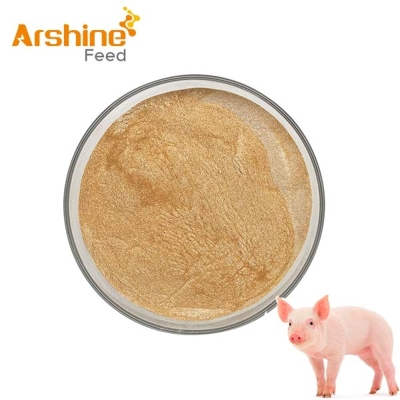-
Categories
-
Pharmaceutical Intermediates
-
Active Pharmaceutical Ingredients
-
Food Additives
- Industrial Coatings
- Agrochemicals
- Dyes and Pigments
- Surfactant
- Flavors and Fragrances
- Chemical Reagents
- Catalyst and Auxiliary
- Natural Products
- Inorganic Chemistry
-
Organic Chemistry
-
Biochemical Engineering
- Analytical Chemistry
-
Cosmetic Ingredient
- Water Treatment Chemical
-
Pharmaceutical Intermediates
Promotion
ECHEMI Mall
Wholesale
Weekly Price
Exhibition
News
-
Trade Service
Betaine is a natural compound that is commonly found in various plant-based foods, including beets, spinach, and citrus fruits.
It has a number of potential health benefits, including reducing inflammation, improving digestion, and supporting heart health.
In the chemical industry, betaine is often used as a raw material for the production of various downstream products.
In this article, we will explore the upstream and downstream products of betaine in the chemical industry.
Upstream Products of Betaine
The primary upstream product of betaine is called betaine anhydrate, which is extracted from beetroot and other plant sources.
Betaine anhydrate is a white or off-white crystalline solid that is used as a pharmaceutical intermediate and as a nutritional supplement.
It is also used in the production of various cosmetics and personal care products.
Another upstream product of betaine is trimethylglycine (TMG), which is a derivative of betaine that is used as a nutritional supplement and pharmaceutical intermediate.
TMG is synthesized from betaine using a chemical reaction called nucleophilic substitution.
Downstream Products of Betaine
The primary downstream product of betaine is a class of compounds called betaines, which are used as surfactants in a variety of industrial and domestic applications.
Betaine surfactants are commonly used in personal care products, household cleaning products, and industrial cleaning agents.
Another downstream product of betaine is choline, which is an essential nutrient that is used in the production of various pharmaceuticals and nutritional supplements.
Choline is synthesized from betaine using a chemical reaction called hydrolysis.
Ethchlorvynol (ECV) is another downstream product of betaine, which is used as a flavoring agent in various food products and beverages.
ECV is synthesized from betaine using a chemical reaction called halogenation.
Betaine is also used as a raw material in the production of various other downstream products, including pharmaceuticals, nutritional supplements, and personal care products.
Production of Betaine
Betaine is typically extracted from beetroot and other plant sources using a process called crystallization.
In this process, the plant material is crushed and then soaked in water.
The water is then heated, and the betaine is precipitated out of solution as a crystalline solid.
The betaine crystals are then collected and dried, and can be further purified using various chemical methods.
Betaine can also be synthesized chemically using a variety of methods.
One common method involves reacting chlorine and sodium betaine, which results in the formation of betaine anhydrate.
Another method involves reacting dimethylglycine (DMG) with nickel chloride, which results in the formation of TMG.
Conclusion
Betaine is a natural compound that is commonly found in various plant-based foods.
It has a number of potential health benefits and is used as a raw material in the production of various downstream products in the chemical industry, including surfactants, pharmaceuticals, and nutritional supplements.
Betaine can be extracted from plant sources or synthesized chemically using a variety of methods.
Overall, betaine is an important compound in the chemical industry, and its uses are expected to continue to grow in the future.







